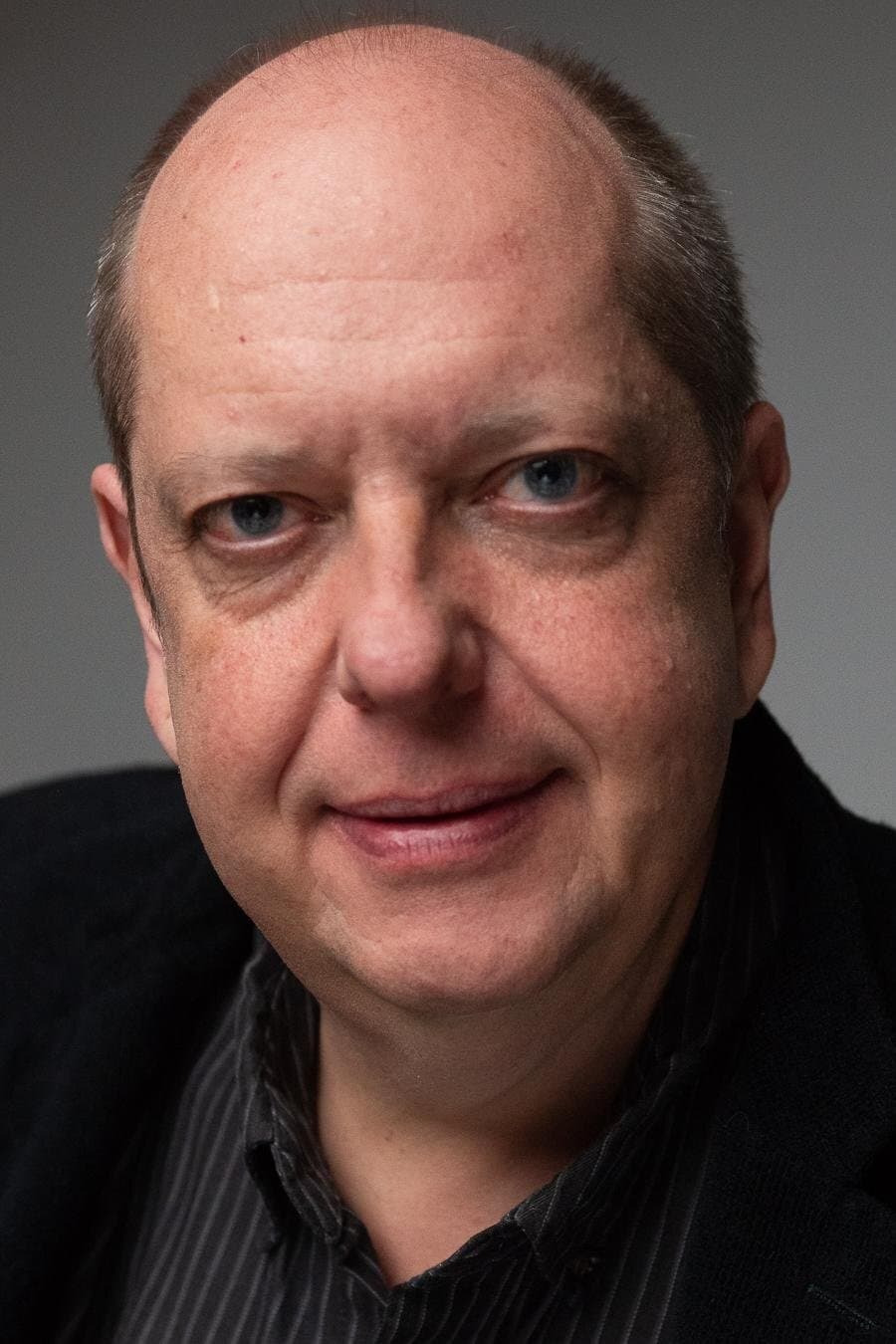
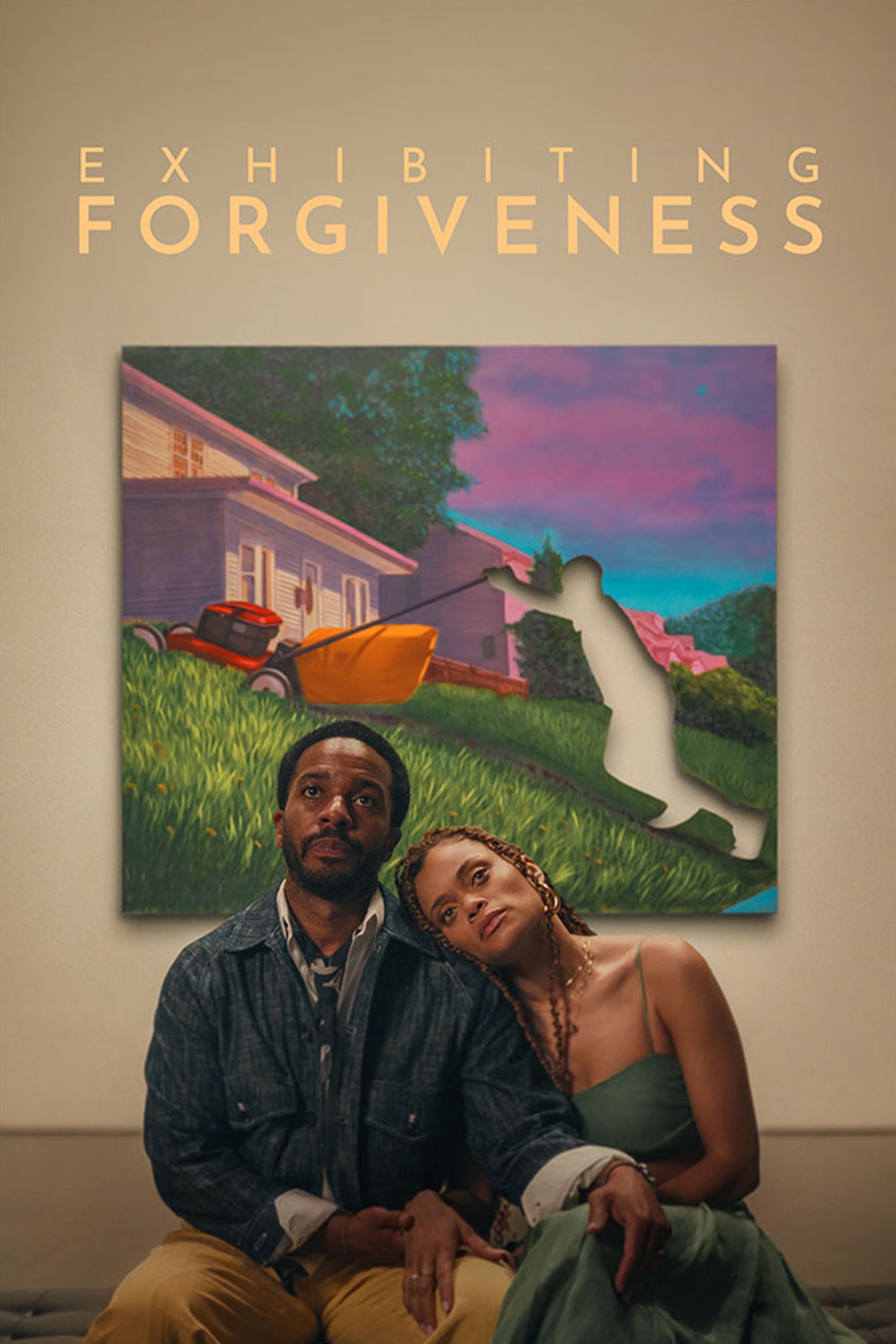
Utilizing his paintings to find freedom from his past, a Black artist on the path to success is derailed by an unexpected visit from his estranged father, a recovering addict desperate to reconcile. Together, they learn that forgetting might be a greater challenge than forgiving.
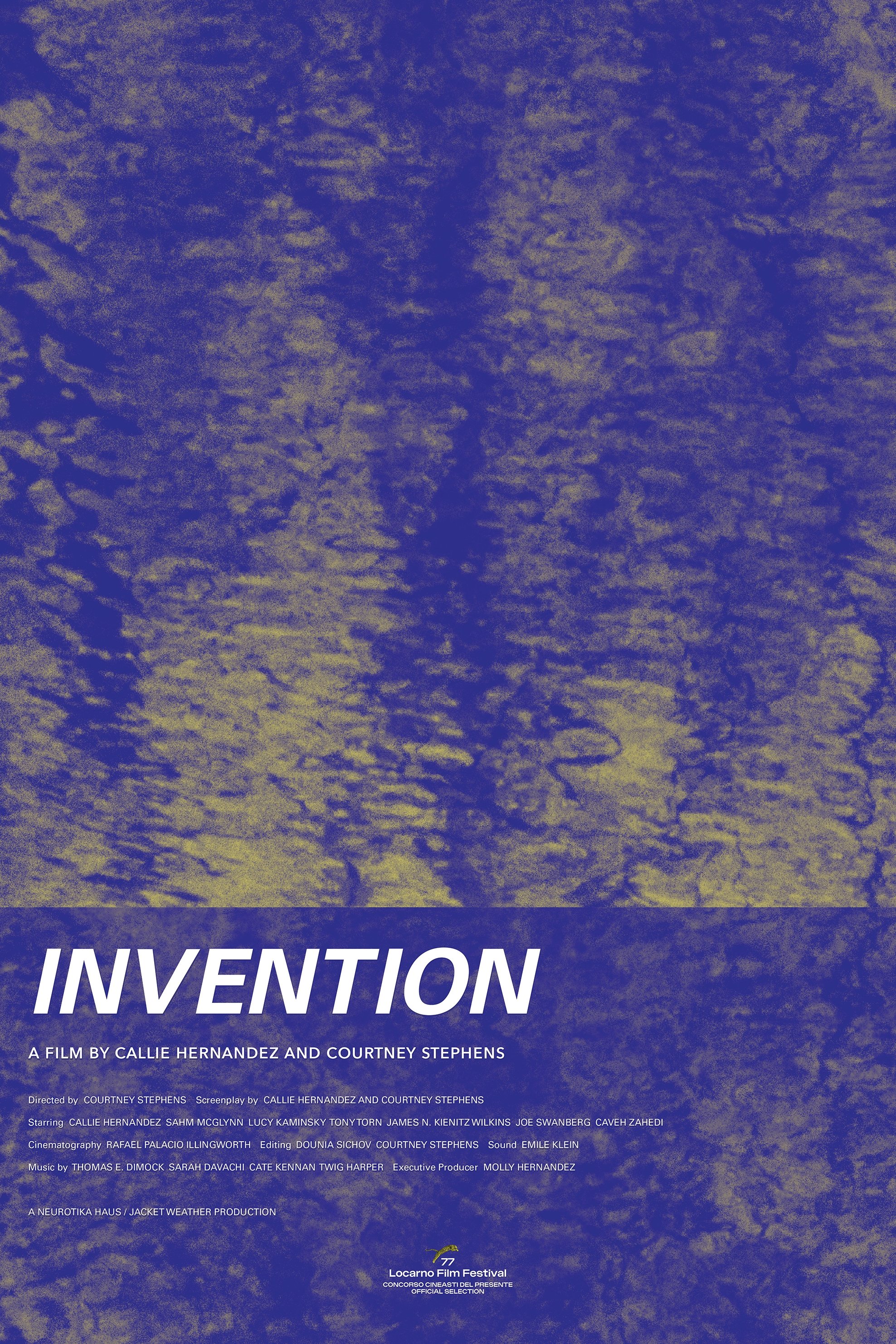
In the aftermath of a conspiracy-minded father’s sudden death, his daughter inherits his patent for an experimental healing device. Featuring archives from Callie Hernandez's late father, Invention explores the process of grieving a complicated parent, and the filmmaking itself becomes a part of the process.
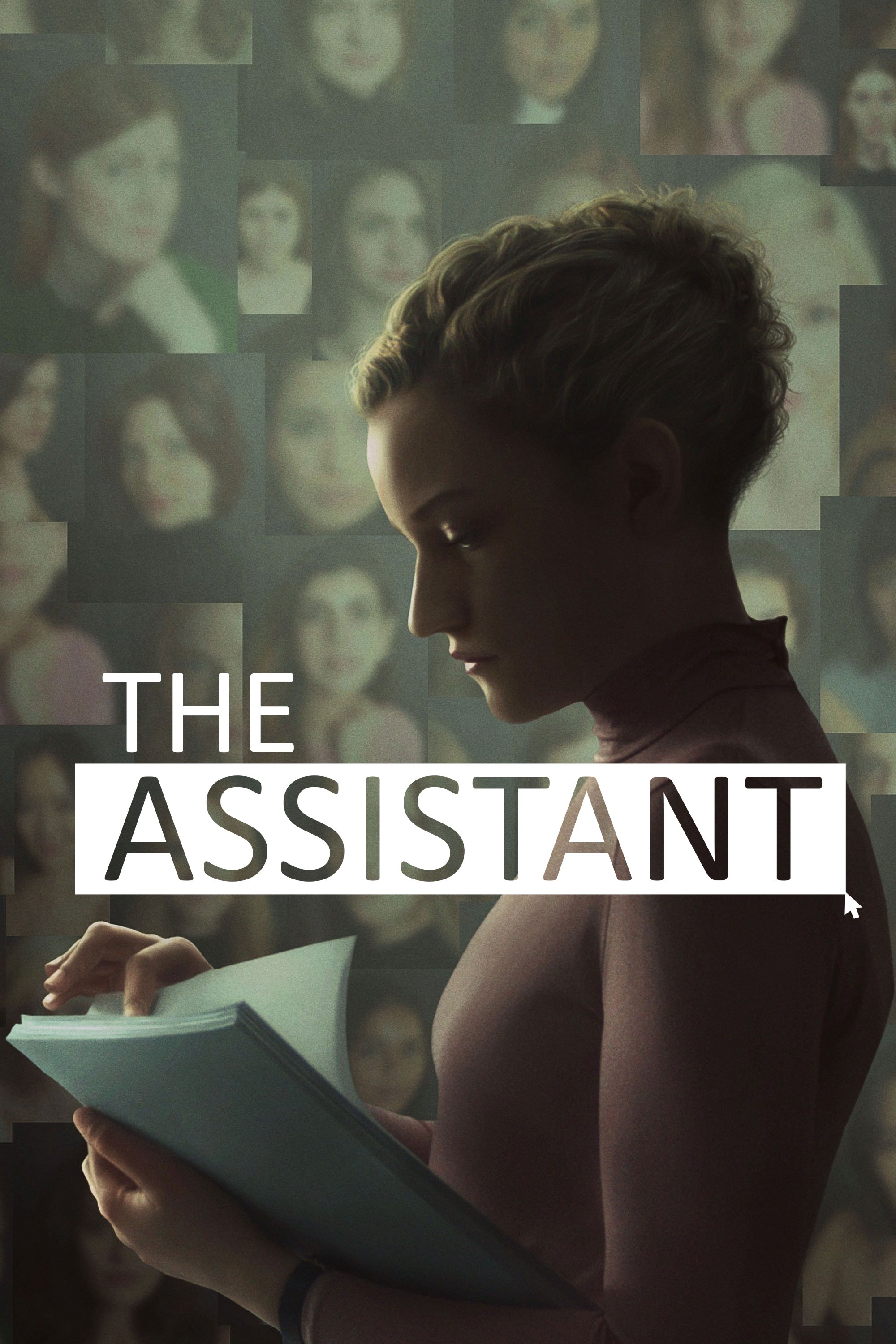
A searing look at a day in the life of an assistant to a powerful executive. As Jane follows her daily routine, she grows increasingly aware of the insidious abuse that threatens every aspect of her position.
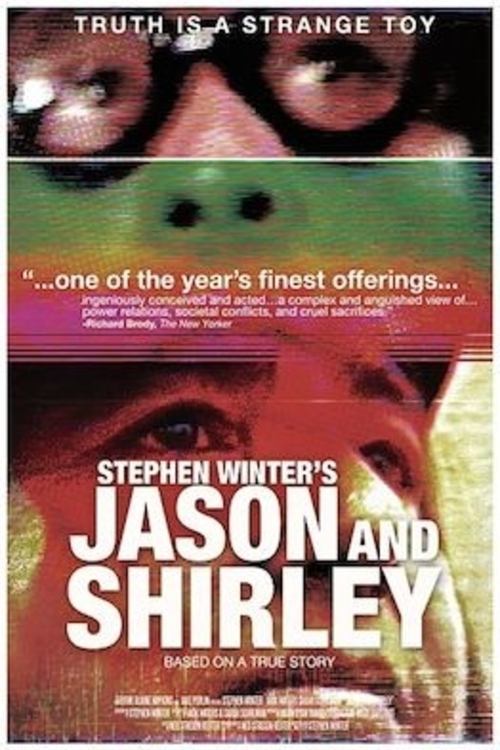
Based on a true story, Jason and Shirley recreates the 1966 power struggle between Jewish, Oscar-winning documentary filmmaker Shirley Clarke and her subject, Jason Holiday, a fierce black gay queen over a 12-hour marathon filming session which gave rise to Clarke's iconic documentary Portrait of Jason.
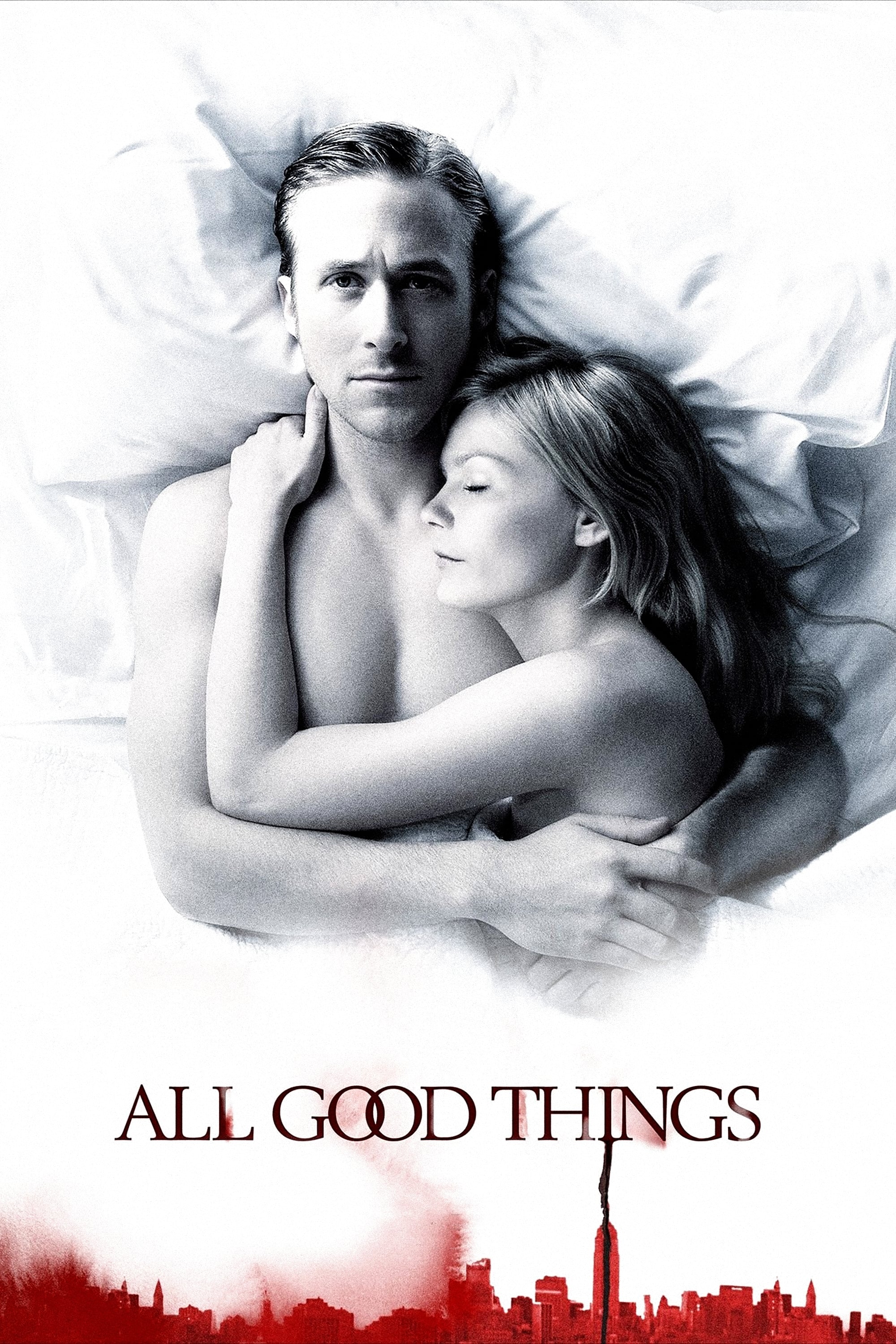
Newly-discovered facts, court records and speculation are used to elaborate the true love story and murder mystery of the most notorious unsolved murder case in New York history.
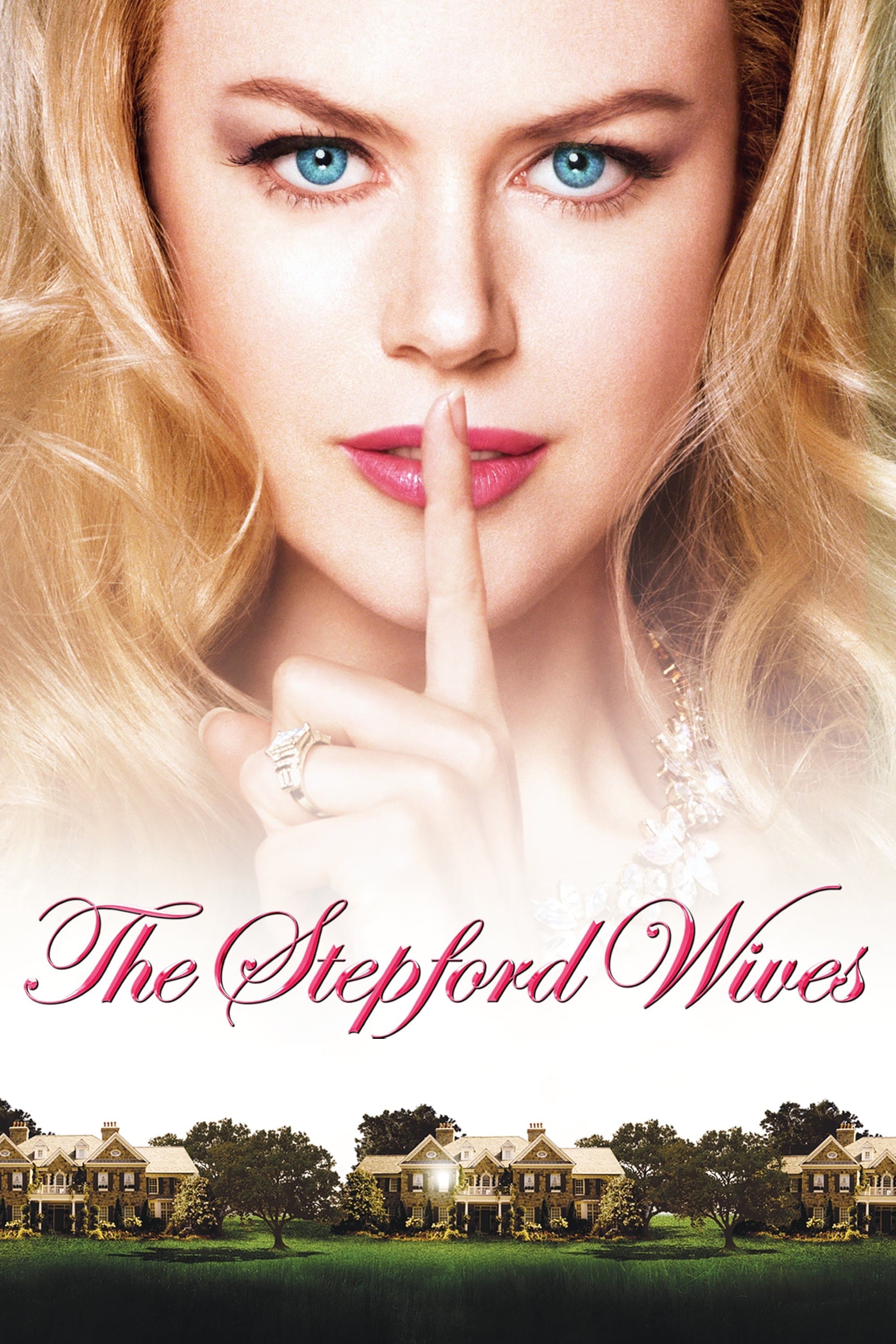
What does it take to become a Stepford wife, a woman perfect beyond belief? Ask the Stepford husbands, who've created this high-tech, terrifying little town.
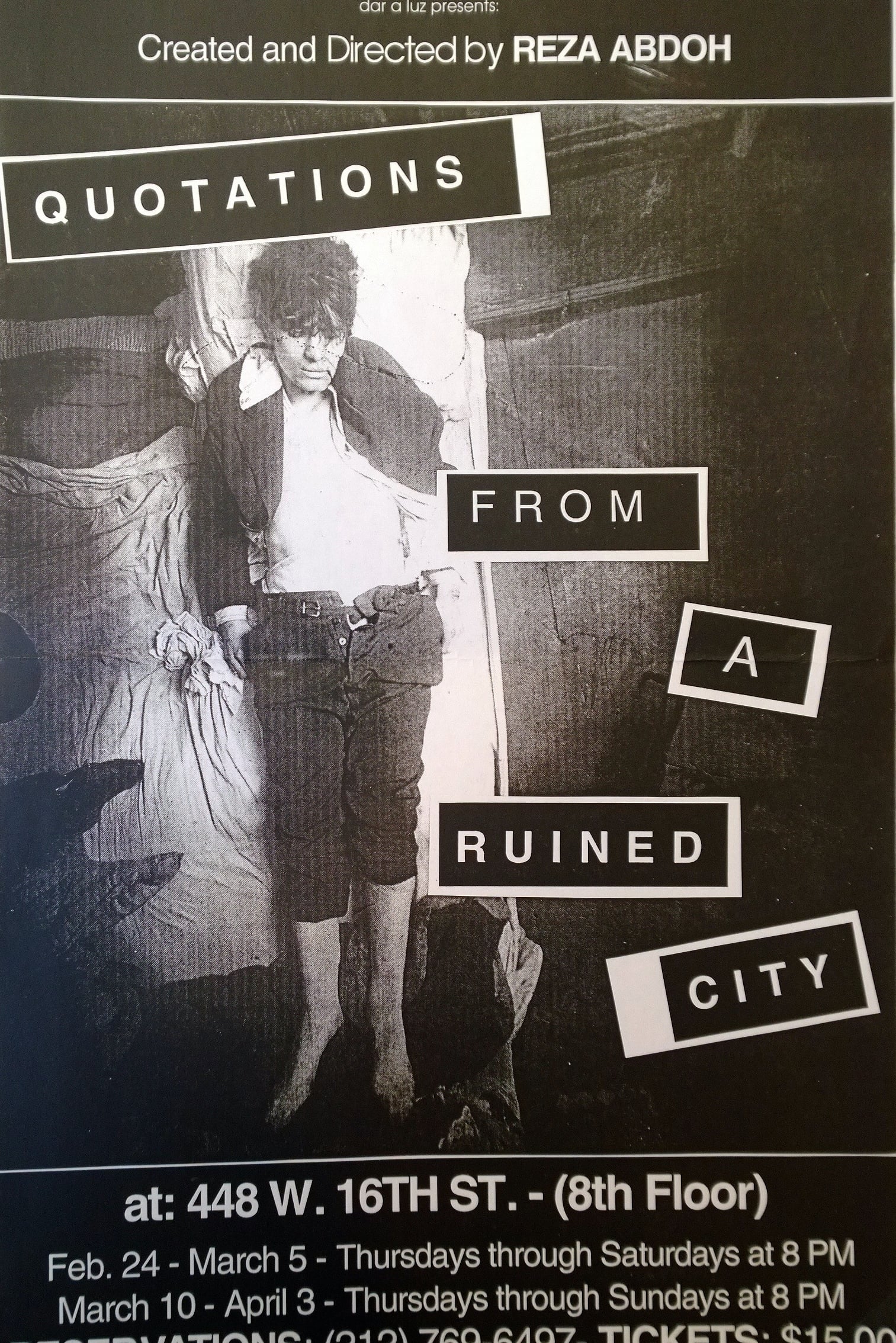
Quotations From a Ruined City was first performed as a workshop production for the Los Angeles Festival in a former shoe store on Hollywood Boulevard. The production subsequently moved to a vacant pajama factory in New York's meatpacking district and went on to be presented by multiple European presenters. It was Abdoh's final work. "Quotations from a Ruined City is a sort of apocalyptic follies: an evening of song, dance, poetry, nudity and torture set in a world whose center has clearly long ceased to hold. Created and directed by the gifted young theatrical cult artist Reza Abdoh, the work is a kaleidoscopic catalogue of images of decay and destruction that range through the centuries and around the globe."--New York Times, 1994.
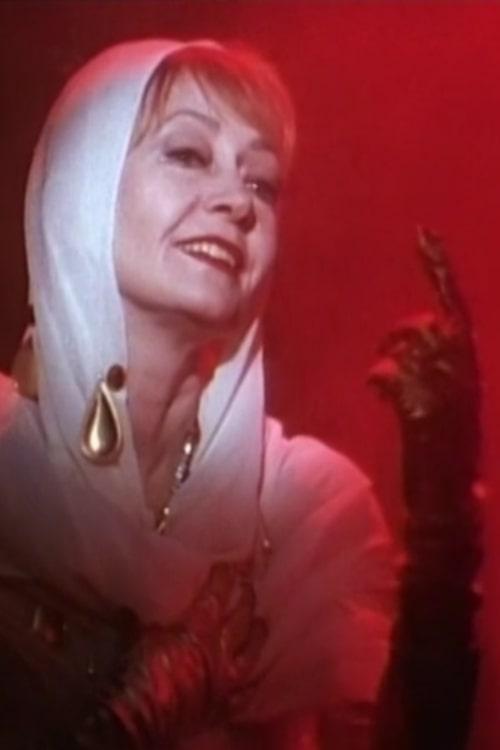
A Polish immigrant go-go dancer dreams of Hollywood. A man living in his car dreams of redemption. They meet. A comical, at times brutal look at the American dream.
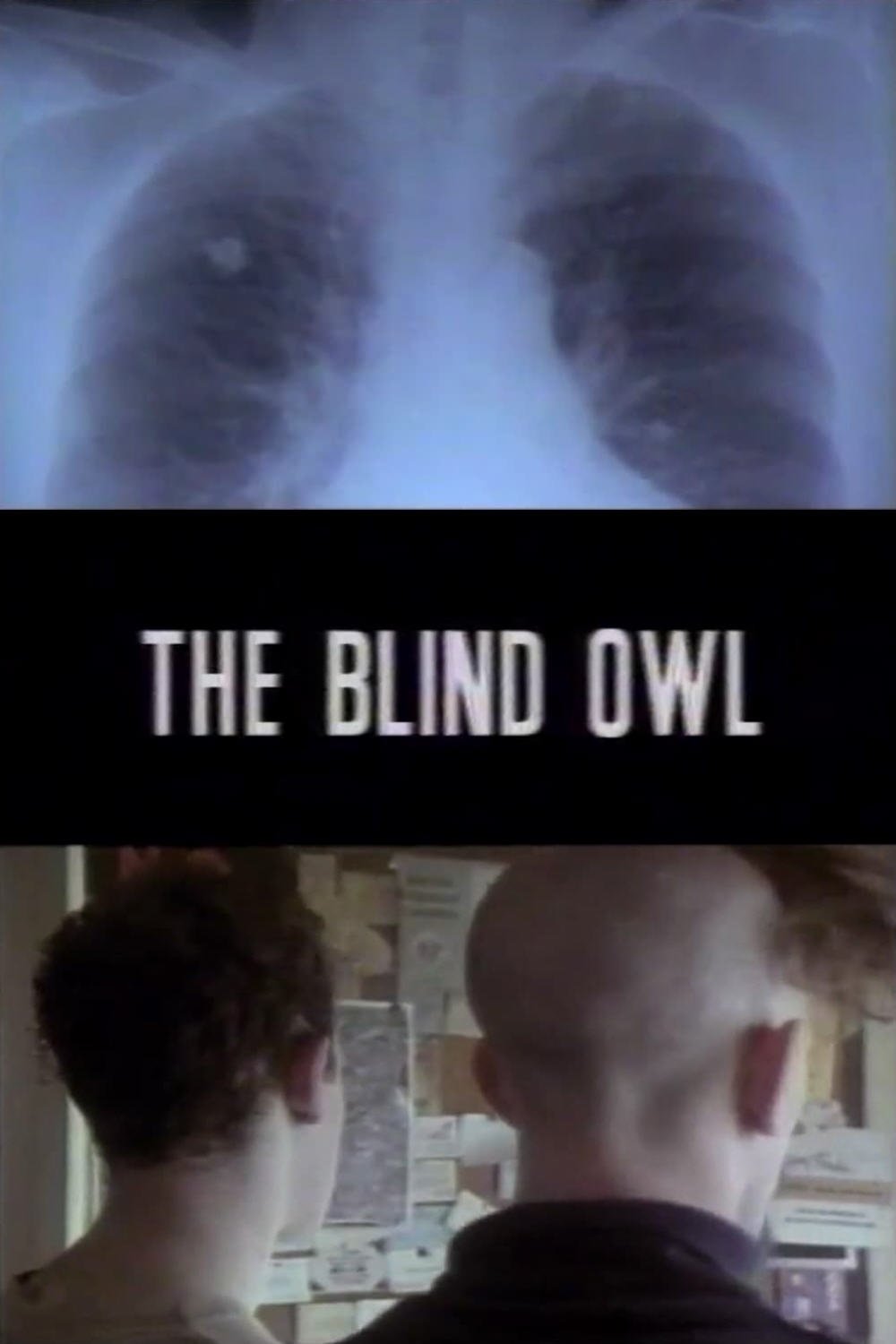
Ricky is a young man who takes care of his sick mother. His father hovers at the edge of the picture, so Ricky provides for himself and his mom through prostitution, running errands, and acting as a caregiver for a blind man. Through the course of the film, Ricky befriends Janey, a young woman he finds beaten by her ex-boyfriend, and Trenn, a mysterious young man in trouble with the law. The three of them navigate a dark and confusing world. It uses many of the actors who have come to constitute the Dar A Luz company, including Tony Torn, Tom Fitzpatrick, Juliana Francis, and Tom Pearl. It will disappoint those who approach it looking for a film analogue of the “faster and louder” aesthetic that critics have used to characterize much of Abdoh’s stage work. The Blind Owl does use a variety of techniques reminiscent of his stage direction, giving it an unusual theatricality.
Join us for a screening of Reza Abdoh’s extraordinary, site-specific work Father was a Peculiar Man, an adaptation of Dostoyevsky’s The Brothers Karamazov staged in New York City’s Meatpacking District in the summer of 1990. Produced by Anne Hamburger’s En Garde Arts, Father was a Peculiar Man showed how brilliantly Reza applied his specific site-based approach that he developed in Los Angeles to New York City’s urban infrastructure. One of the goals of En Garde Arts’s site-specific journeys through New York’s Meatpacking District was to use the local architecture as a theatrical set while at the same time evoking and playing with the history of the place. The half-deserted cobblestone streets south of Chelsea enhanced the play’s nineteenth-century references. The neighborhood’s past as both a meatpacking and transportation hub via the High Line trains as well as a former center for after-hours sex clubs merge as perfect background for Reza’s spectacular tableaus of gluttony and lust.
Tony Torn is an actor and director who has worked extensively for the past thirty years in theater, film and television, in both traditional and experimental projects.
By browsing this website, you accept our cookies policy.